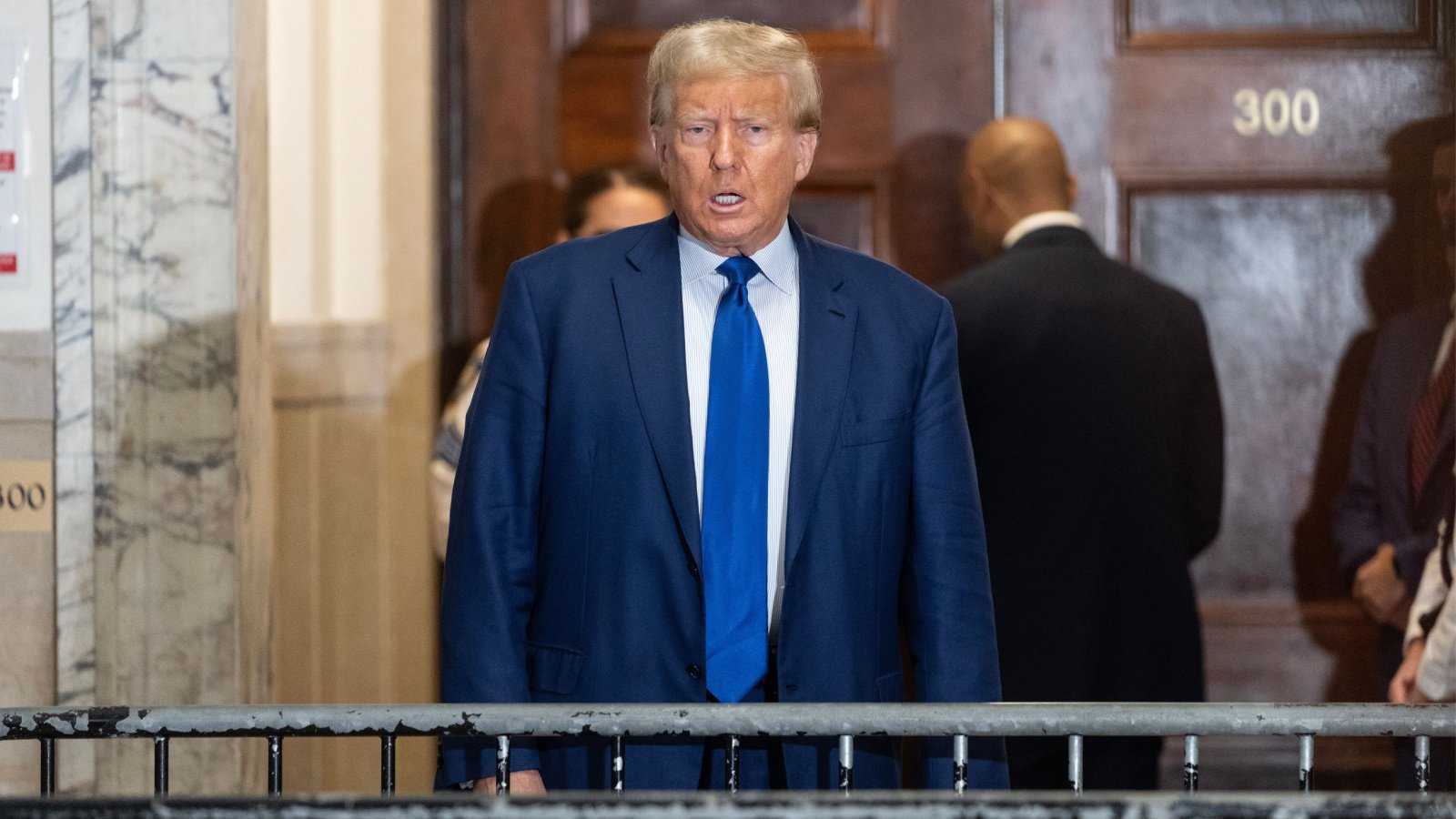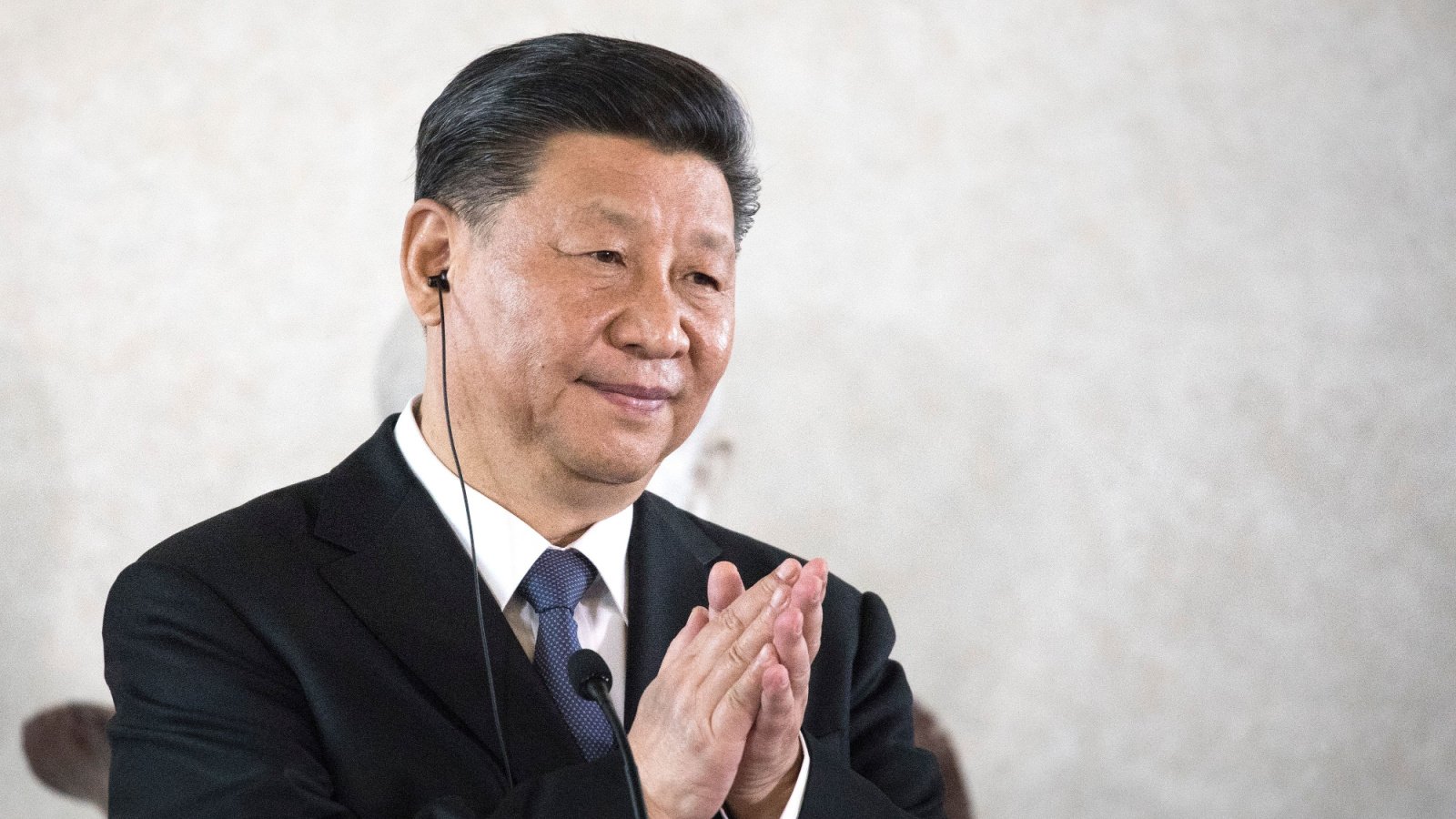Amidst growing concern that any future presidential administration wields unchecked power to deploy federal troops domestically, a diverse group of former U.S. officials, including notable figures from the Trump Administration, has come forward with a bipartisan appeal to Congress to limit the unchecked authority of the executive to deploy federal troops domestically.
Controversial Plan to Deploy Troop

A specific instance of concern is former Donald Trump’s statements about potentially deploying troops in Democratic-led cities if he were re-elected. The coalition emphasizes, however, that the modifications they are suggesting to federal law are not targeting any particular president or situation, but will provide broad protections against abuses in any future administration.
The Insurrection Act’s Broad Powers

At the heart of their concerns is the Insurrection Act. This legislation allows the president to use military forces domestically in times of emergency. Critics argue that its provisions are too broad, giving the executive branch an undue amount of power. This is particularly troubling given the potential for abuse in deploying troops for domestic law enforcement. The Insurrection Act was last utilized in 1992 in the Rodney King Riots in Los Angeles.
Trump’s Controversial Statements
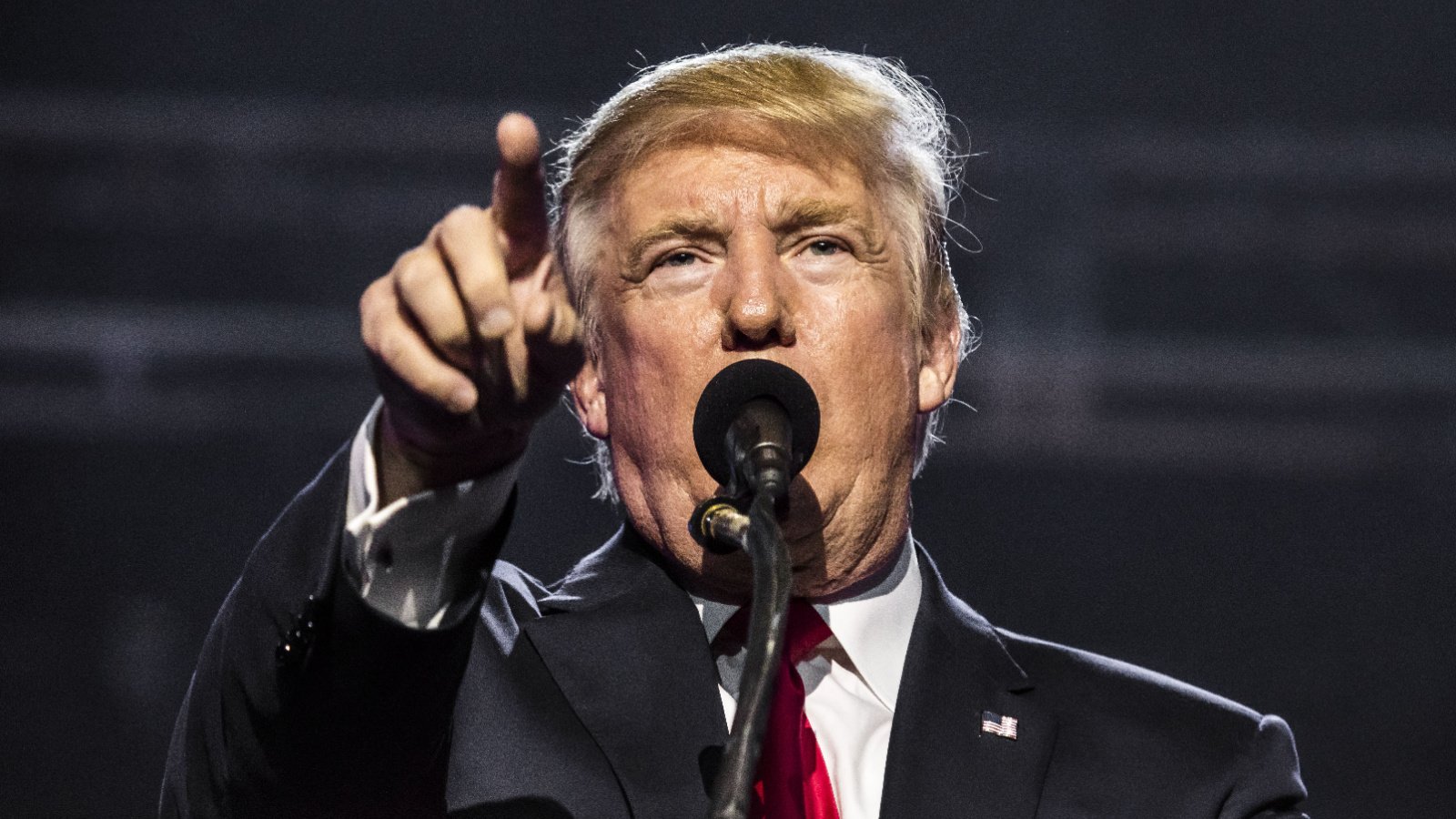
The issue gained prominence due to former President Donald J. Trump’s statements about deploying troops in Democratic-led cities if he were re-elected. This possibility has sparked a renewed interest in ensuring that the Insurrection Act cannot be misused by any president, irrespective of party affiliation.
A Non-Partisan Issue
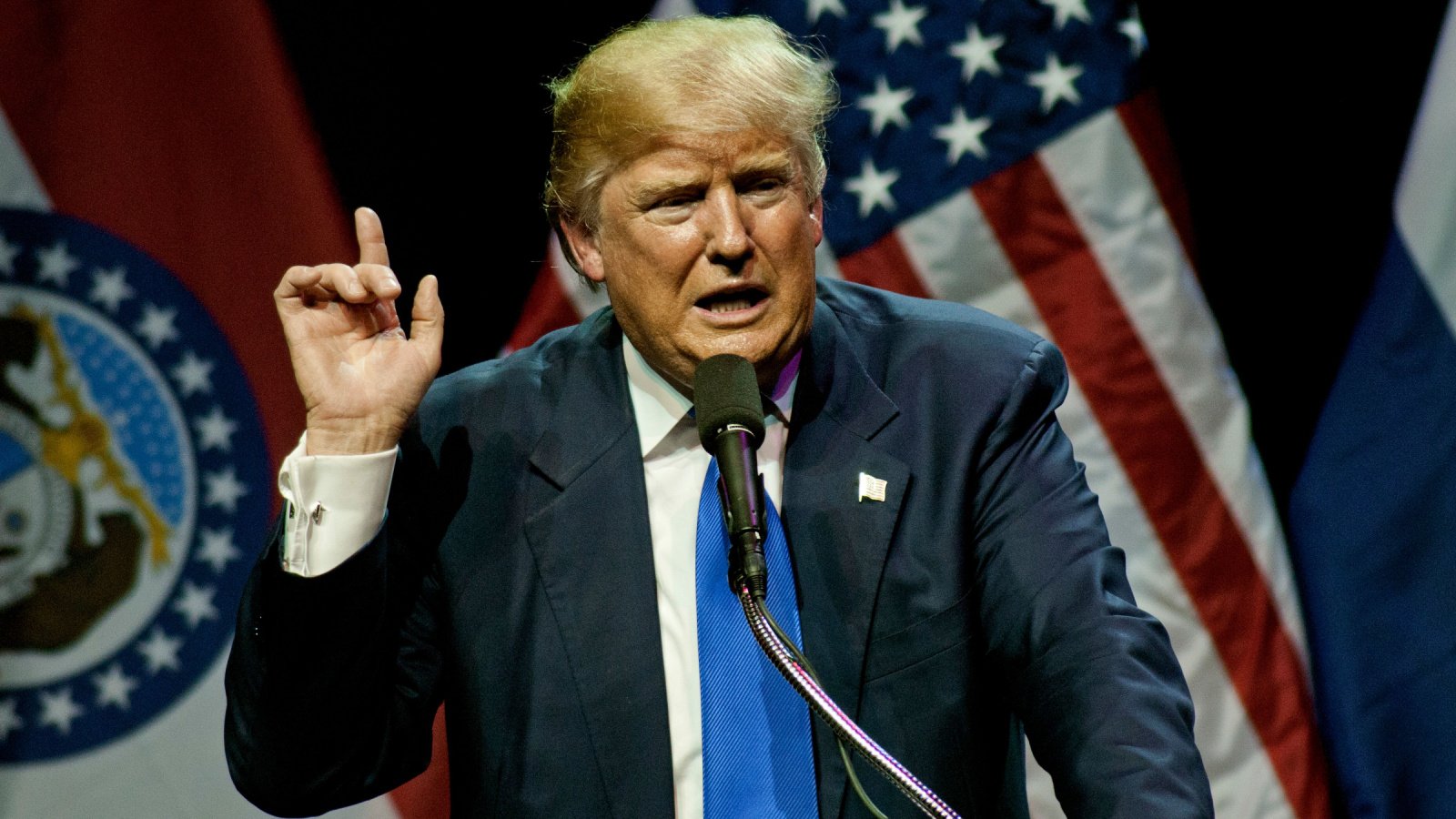
The push for reform is framed as a non-partisan issue aimed at safeguarding democratic principles rather than targeting a specific individual. This stance is strategic, aiming to circumvent the partisan gridlock that has previously stymied reforms related to executive power.
Legal Experts Weigh In
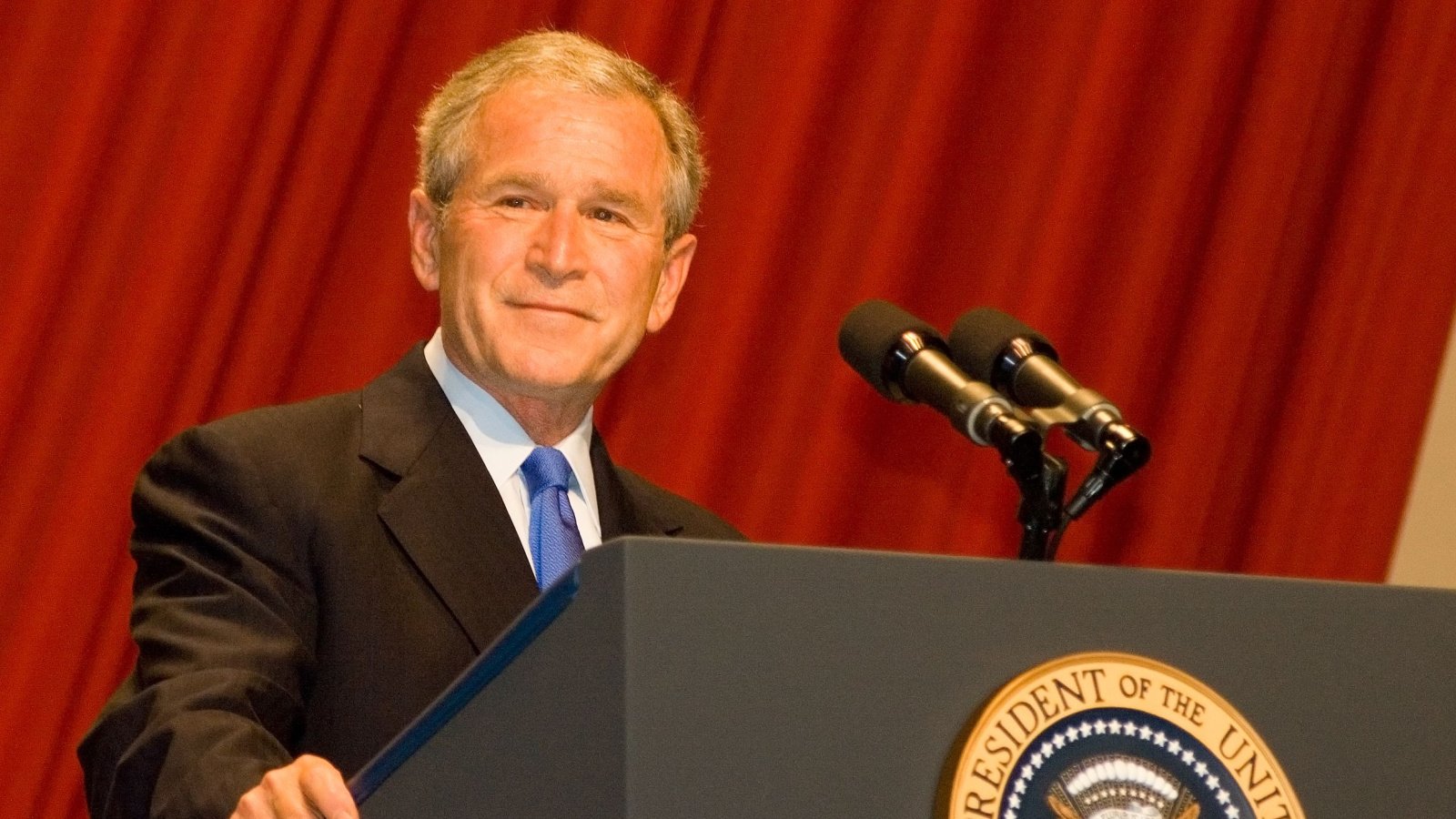
The call for reform has garnered support from a notable roster of legal experts and former officials. Among them are Courtney Simmons Elwood who served as the General Counsel of the Central Intelligence Agency, former Attorney General Michael Mukasey who served in the George W. Bush Administration, and John Eisenberg who was deputy counsel to the President of the United States and legal advisor to the U.S. National Security Council in the Trump Administration.
Principles for Reform

The group has outlined specific principles for reforming the Insurrection Act. These include making the conditions for invoking the act more precise and imposing a statutory limit on the duration of troop deployments without congressional renewal. These suggestions aim to curb the potential for executive overreach.
Legislative Efforts
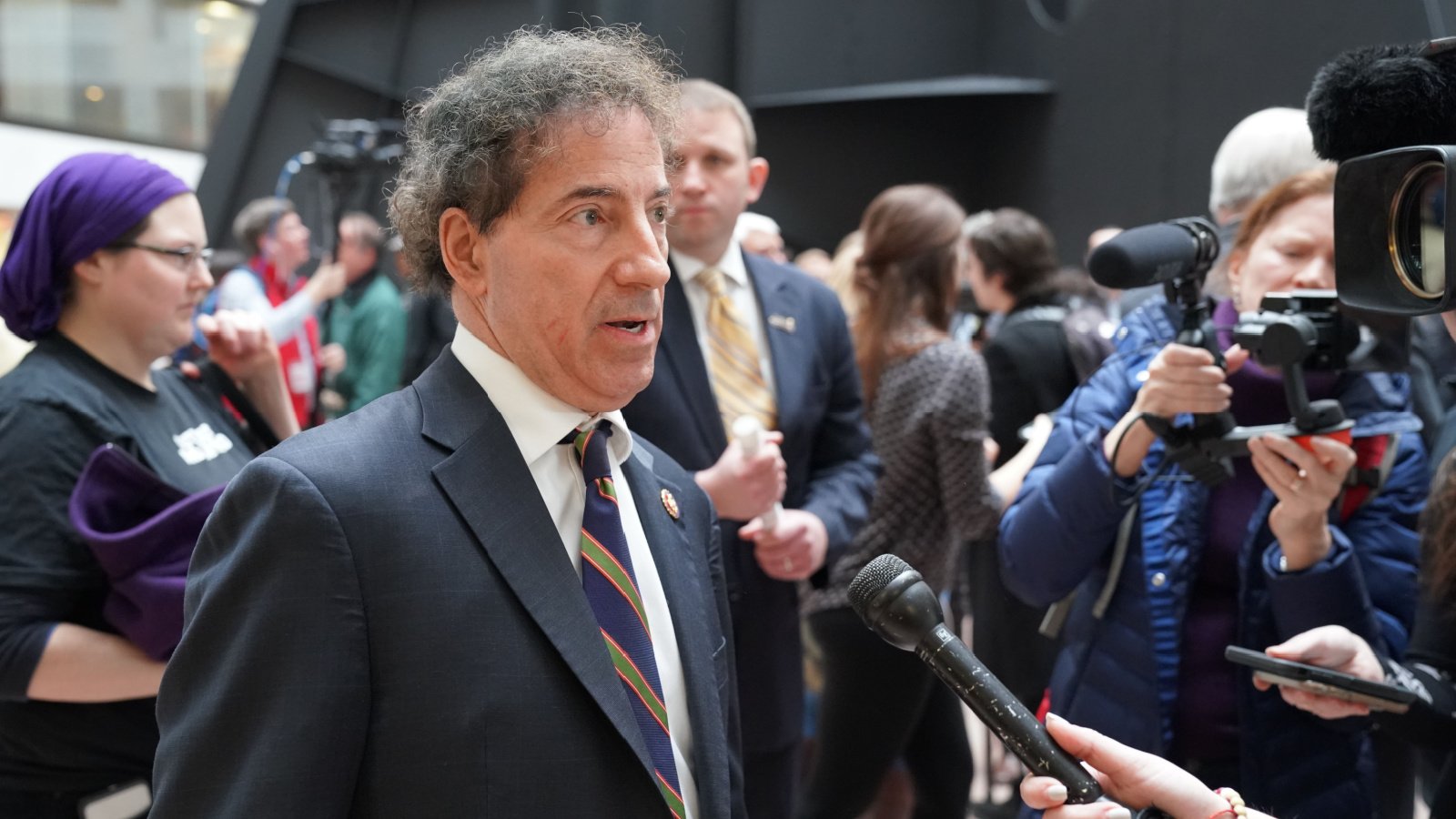
Senator Richard Blumenthal (D-CT) and Representative Jamie Raskin (D-MA), have been instrumental in legislative efforts to reform the act. They aim to incorporate these reforms into an essential defense bill, highlighting the legislative path toward limiting executive power.
Historical Context and Recent Momentum

The Insurrection Act’s last invocation in 1992, during the Los Angeles riots, provides historical context for its use. However, the act’s potential for misuse has gained particular attention in the aftermath of Trump’s presidency, driving the current reform efforts.
A Matter of Good Government
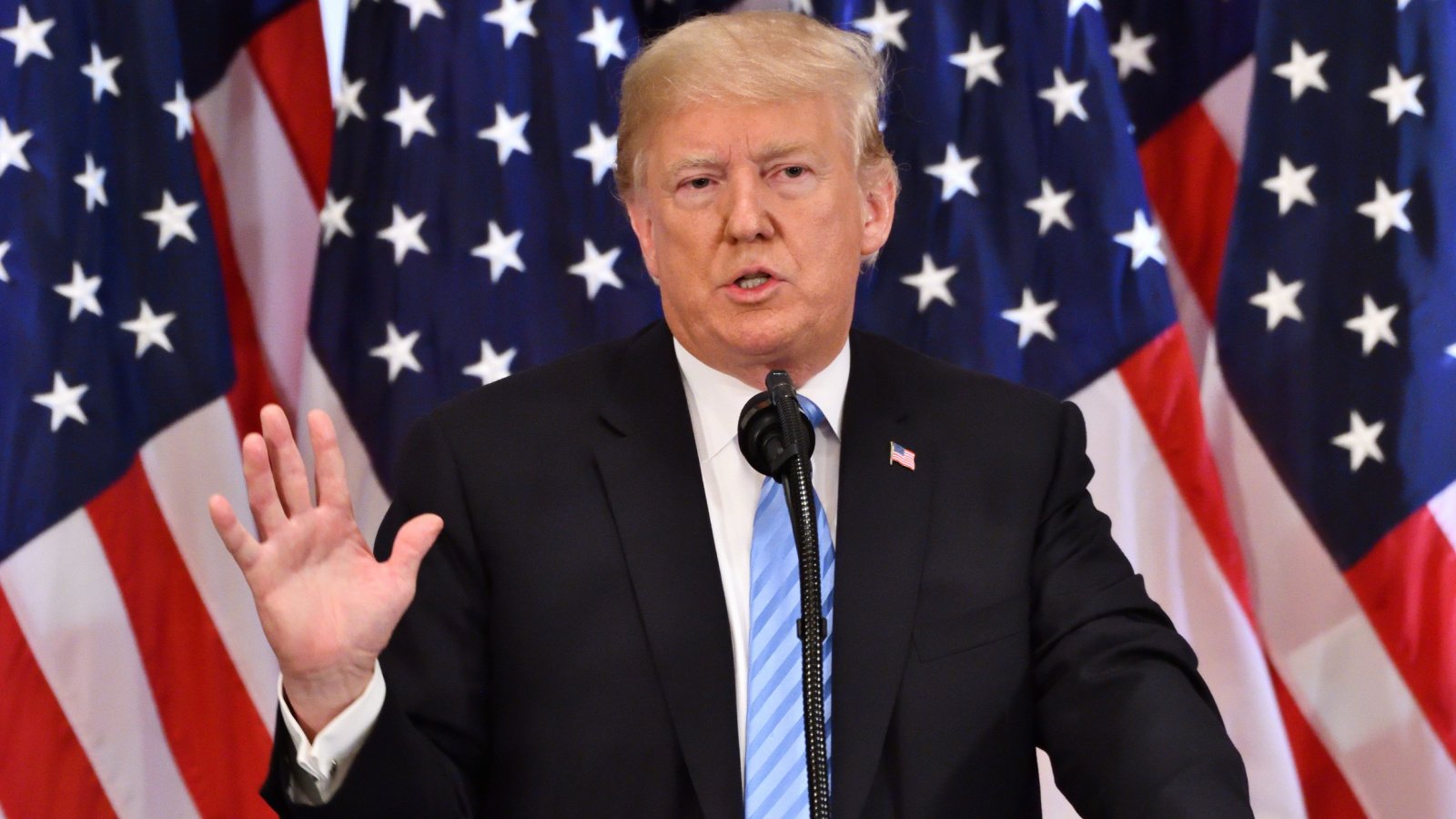
John Eisenberg and other proponents view these reforms as essential to good governance. They argue that clearer guidelines and limits are necessary to prevent abuse and ensure the act serves its intended purpose without undermining civil liberties.
Aligning with Past Legislation
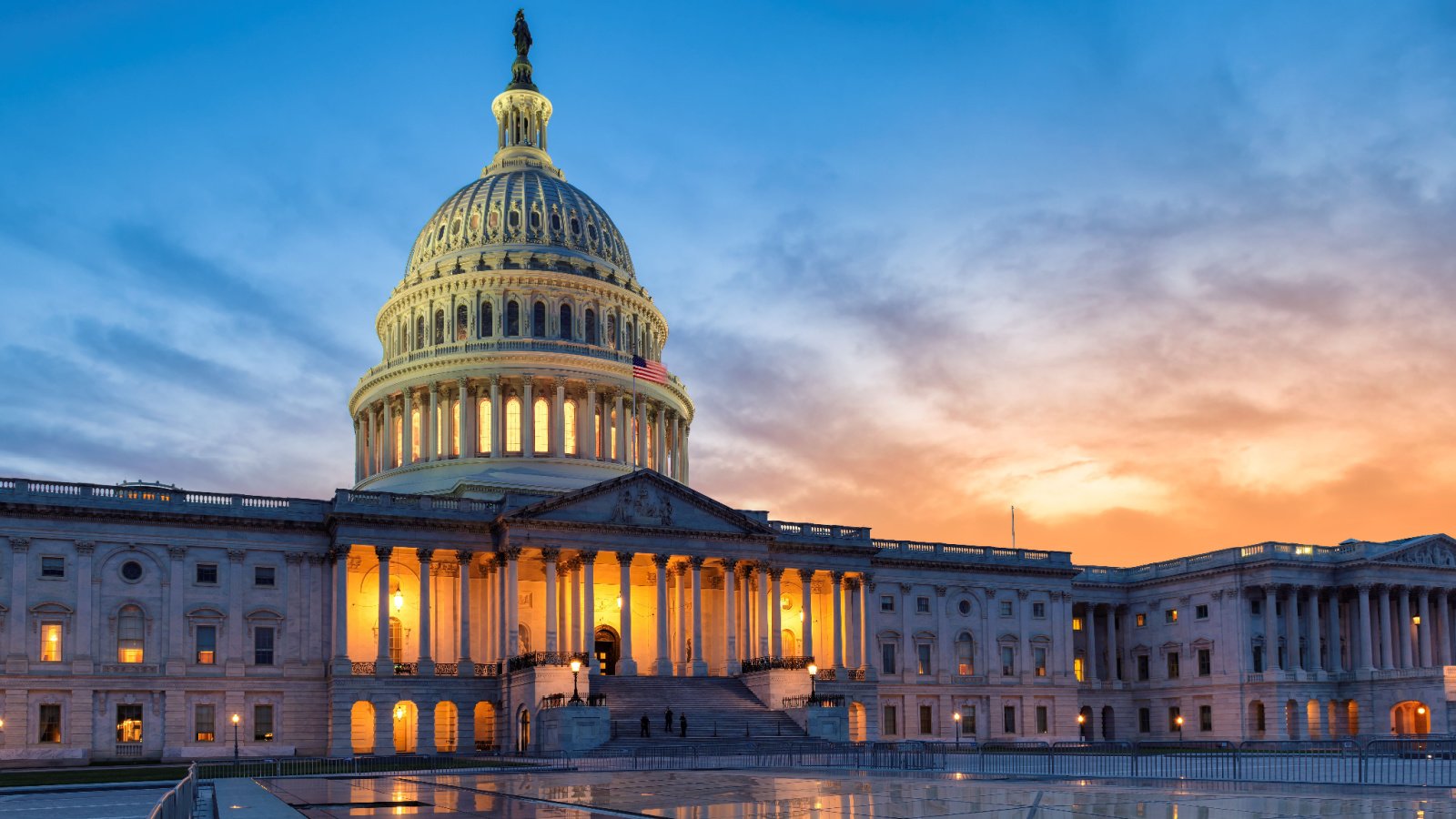
The proposed reforms are partly inspired by past legislative efforts, such as those led by Senator Blumenthal. These efforts, although unsuccessful, have laid the groundwork for the current bipartisan initiative.
The Role of the American Law Institute

Guiding the reform initiative is the American Law Institute, a respected nonpartisan entity known for proposing legal improvements. Its involvement lends credibility and a structured approach to the reform efforts.
Concerns Beyond Partisanship
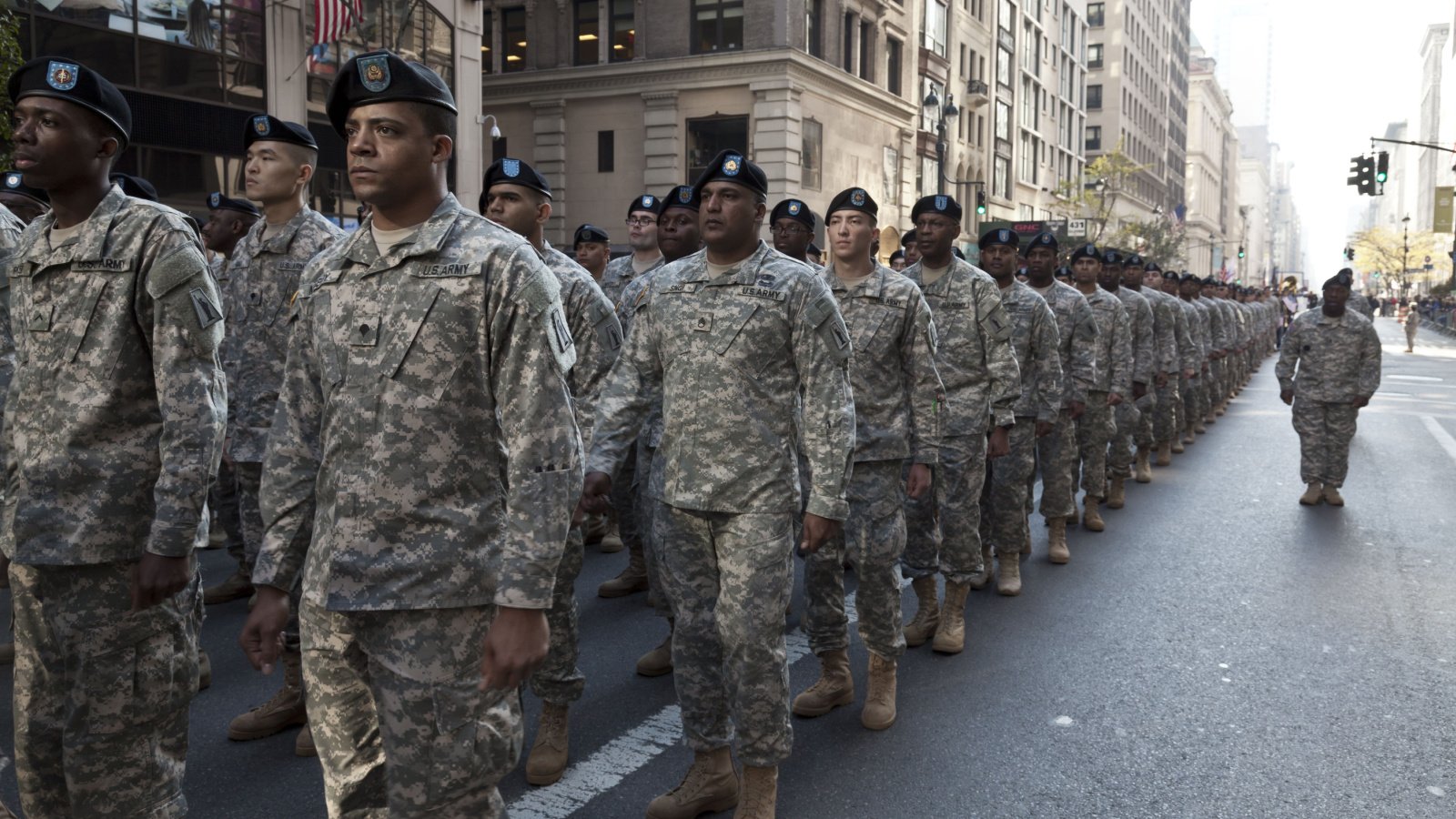
The bipartisan group emphasizes that the issue of executive power and its potential for abuse transcends partisan politics. Their focus is on ensuring that no president has the unchecked authority to deploy troops domestically, a principle they believe should unite lawmakers across the political divide.
Avoiding Past Mistakes
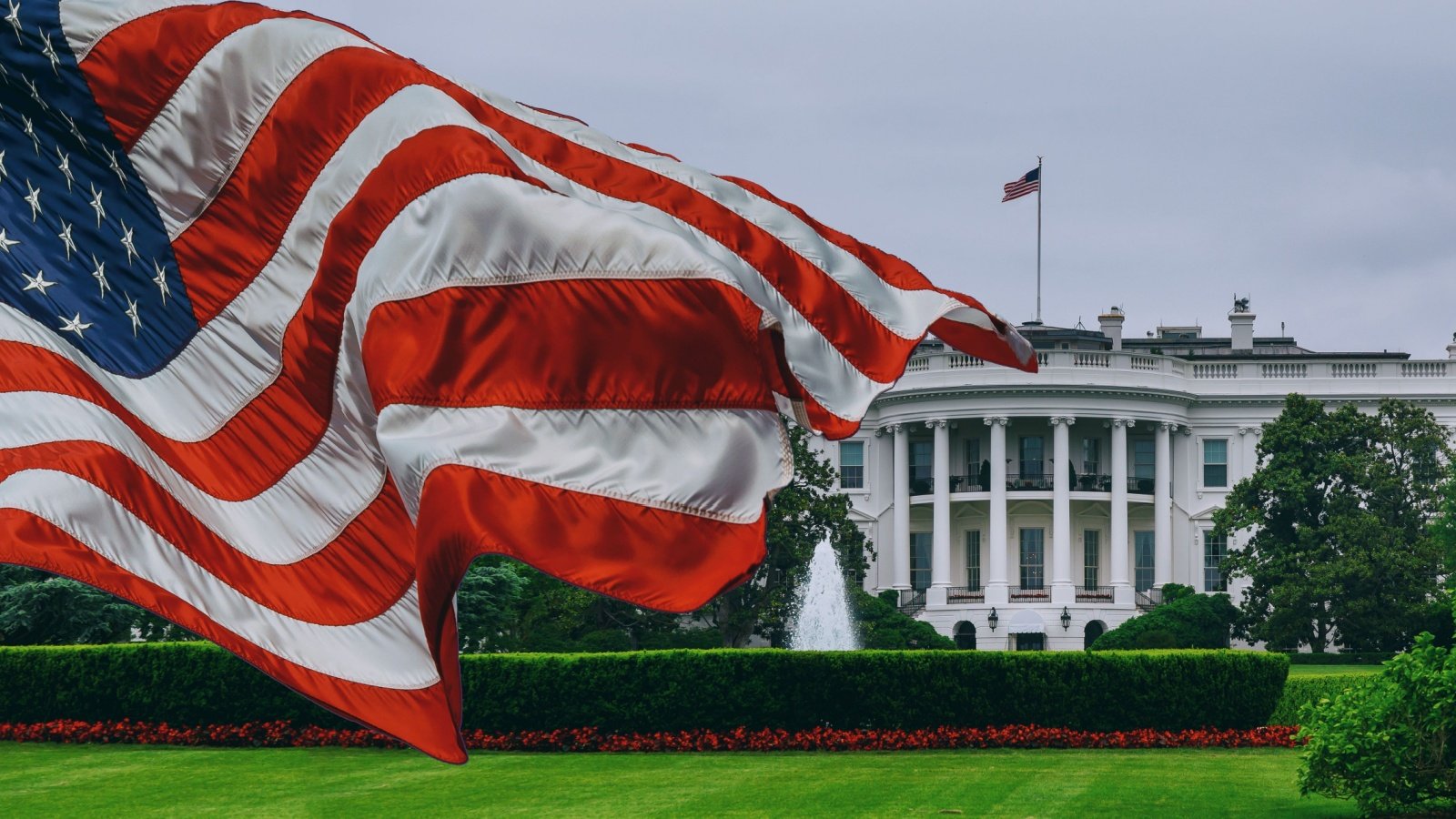
The group is mindful of the challenges faced by previous attempts to reform executive powers. By focusing on achievable reforms and avoiding contentious proposals, they hope to succeed where past efforts have faltered.
Looking Forward

As the 2024 election looms, the possibility of renewed discussions about deploying federal troops domestically adds urgency to the reform efforts. The bipartisan coalition remains committed to securing changes to the Insurrection Act, aiming to fortify the safeguards against executive overreach and protect democratic norms.






